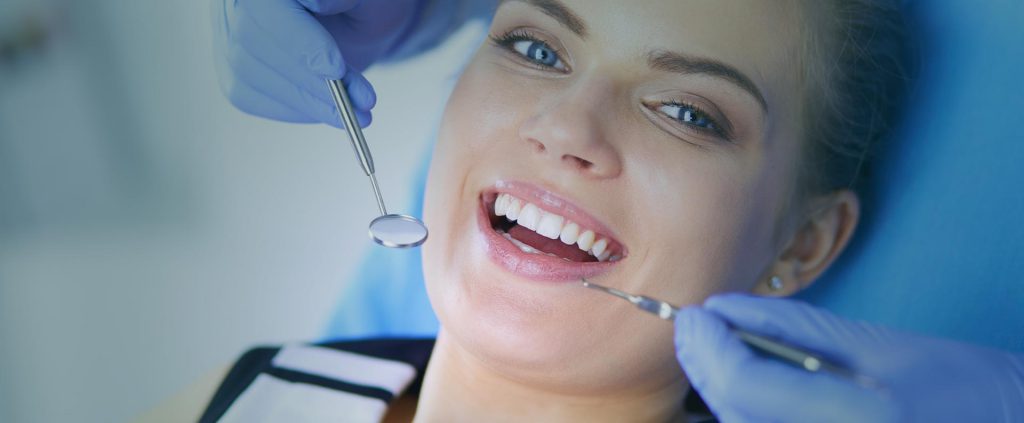Dental crowns are critical for restoring damaged enamel, imparting power and capability to a tooth that would in any other case be beyond repair. Whether it’s because of decay, breakage, or a root canal, a crown can save your teeth from extraction. One of the maximum critical elements of securing a crown is the adhesive or glue used to connect it. In this manual, we will dive deep into the world of glue for crowns on tooth, exploring differing types, application strategies, blessings, dangers, and regularly requested questions. By the give up, you may have all of the understanding you want to ensure your dental crowns live in place for years yet to come.
Introduction to Dental Crowns and Their Importance
Dental crowns are custom-made caps designed to fit over the top of a broken or decayed tooth, restoring its form, size, and function. Crowns are often made from materials like porcelain, ceramic, steel, or resin. They are designed to combination seamlessly with your natural tooth or provide durability for again tooth that revel in a variety of put on and tear.
The crown is commonly held in area the usage of a specialized dental glue or adhesive. The glue performs a essential role in ensuring the crown remains solid, robust, and useful over the years.
What is Dental Crown Adhesive?
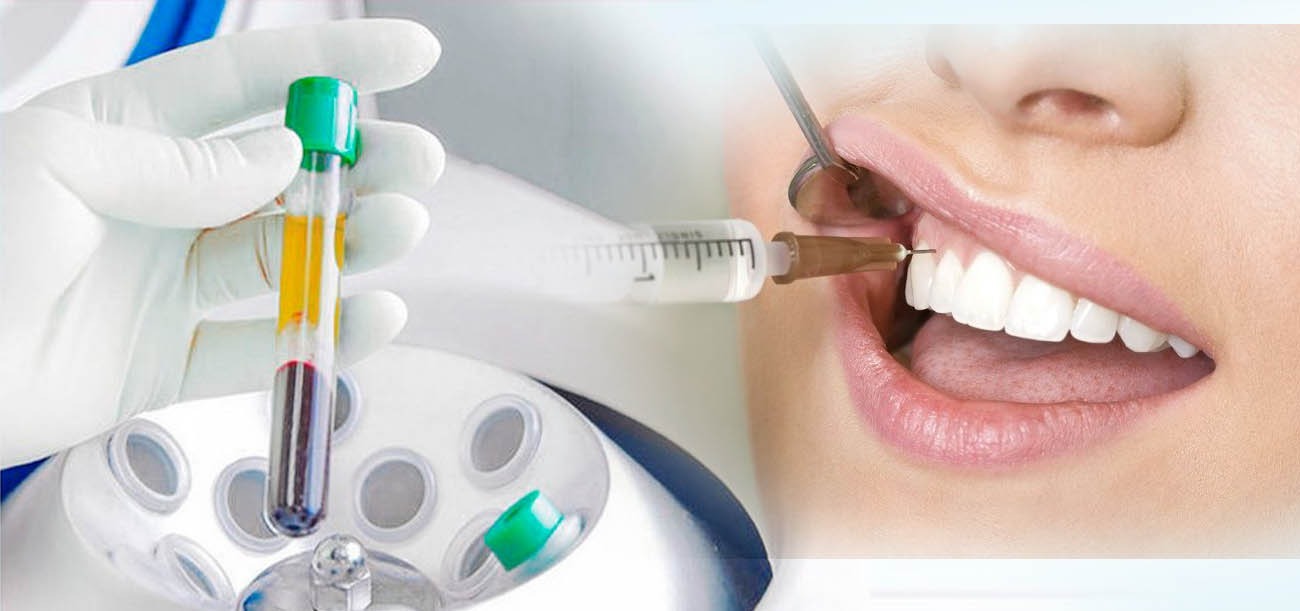
Definition of Dental Crown Adhesive
Dental crown adhesive refers to the bonding material used to attach a crown to a tooth. It is designed to shape a strong, lasting bond between the crown and the enamel floor. Depending on the state of affairs, dental adhesives can both be temporary or everlasting.
Importance of Glue for Crowns on Teeth
Without the proper adhesive, a dental crown should loosen or fall off, leading to potential soreness, contamination, or similarly damage to the underlying tooth. The glue used ensures that the crown remains firmly in vicinity and that it functions as a natural tooth could.
Types of Glue for Crowns on Teeth
There are specific types of glues and adhesives used for attaching dental crowns. Each serves a unique reason depending at the situation.
Temporary Dental Crown Adhesive
Temporary dental adhesives are frequently used for crowns a good way to best be in area for a short duration, inclusive of at some stage in the ready length for a everlasting crown. These adhesives are designed to hold the crown in area lengthy enough for the permanent strategy to be organized.
Permanent Dental Crown Adhesive
Permanent adhesives are used when the final crown is prepared to be positioned. These adhesives create a better and lengthy-lasting bond, ensuring that the crown remains in region for many years. These glues are typically greater complicated and stronger than temporary adhesives.
Resilon and Resin-Based Glues
Resilon and resin-based totally glues are used for crowns that require a more potent, greater durable adhesive. Resin-primarily based substances bond nicely with enamel surfaces, developing a long-lasting seal.
How Does Glue for Crowns on Teeth Work?
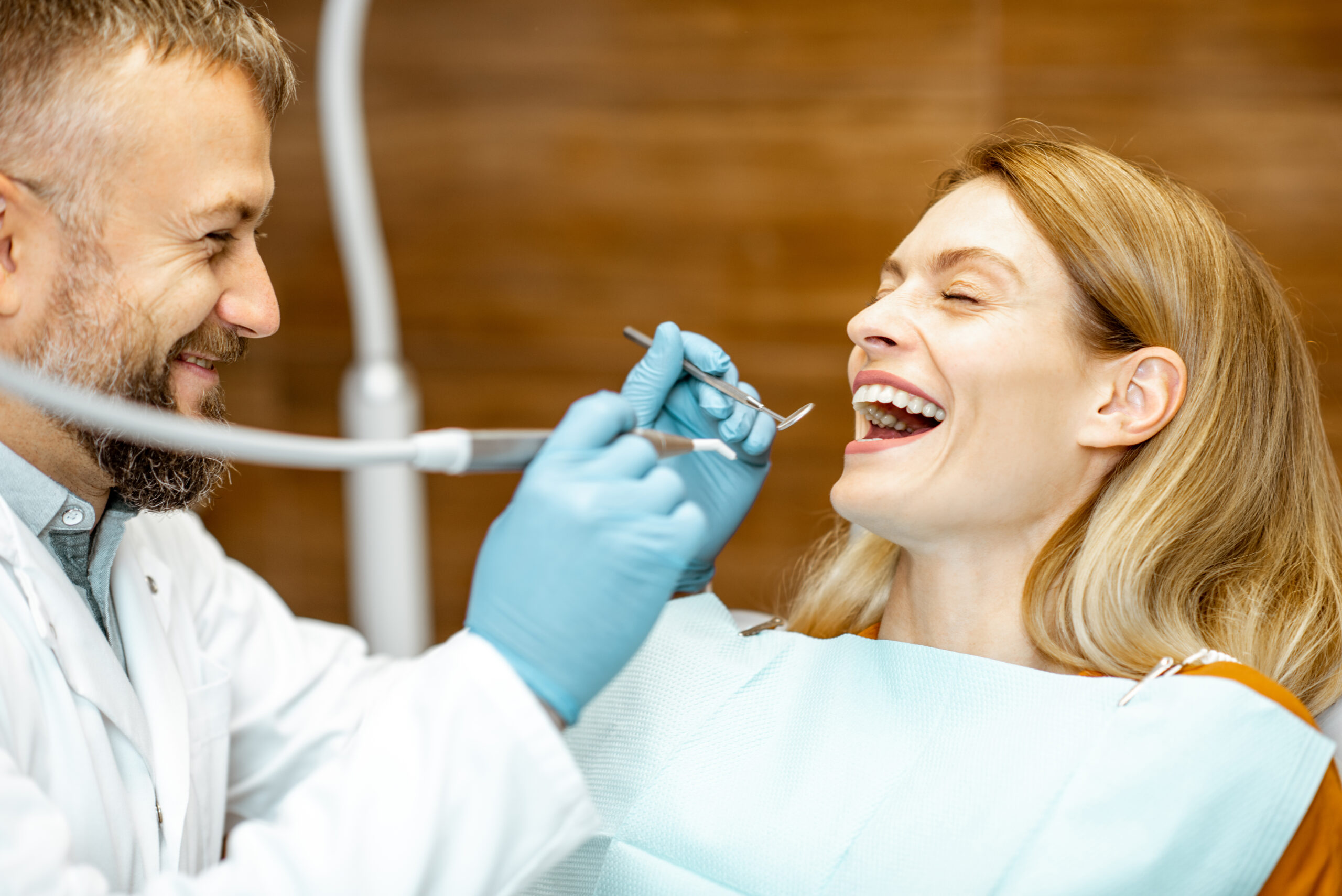
The Mechanism of Adhesion in Dental Crowns
Dental adhesives work by chemically bonding the floor of the crown to the teeth. The adhesive seeps into microscopic pores on both the teeth and crown, growing a firm attachment. For permanent adhesives, this procedure can final for decades, keeping a tight and stable in shape.
Bonding Process and Material Compatibility
The glue’s effectiveness depends at the fabric compatibility between the tooth and the crown. Different crowns (ceramic, porcelain, steel) might also require particular adhesives for ultimate bonding. A dentist will select the precise glue based at the kind of crown and the condition of the teeth.
When Should You Use Glue for Crowns on Teeth?
When to Use Temporary Glue
Temporary glue is used broadly speaking in the course of the transition from a damaged teeth to the very last crown. It’s perfect for quick-term use, along with whilst a patient is anticipating a permanent crown to be fabricated.
When to Use Permanent Glue
Permanent adhesive is used as soon as the final crown has been created and is ready for placement. This glue gives a long-lasting bond to hold the crown in area for an extended duration.
How to Apply Glue for Crowns on Teeth
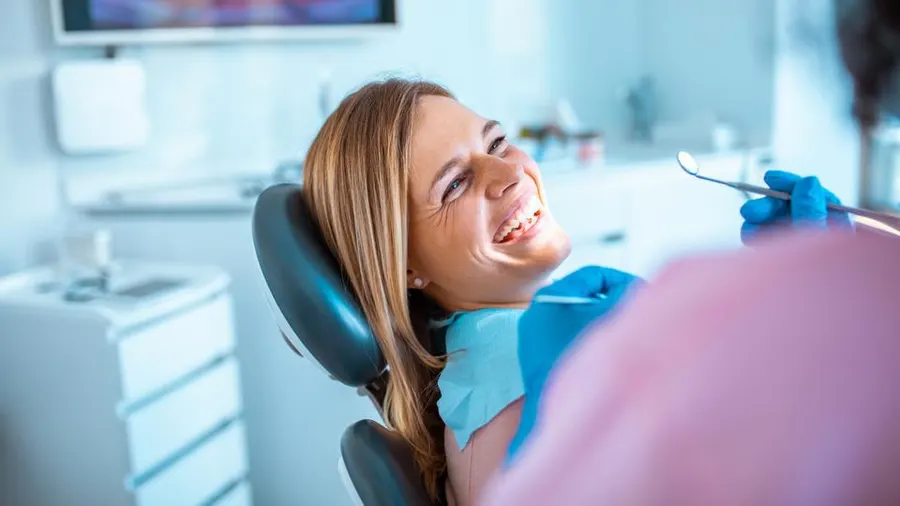
Step-through-Step Application Process
Preparation of the Tooth Surface: The enamel is wiped clean and formed to ensure the crown fits snugly.
- Choosing the Right Adhesive: Depending on whether it’s brief or everlasting, the dentist will select the appropriate glue.
- Applying the Adhesive: The adhesive is carried out to both the tooth and the crown.
- Positioning the Crown: The crown is located over the teeth, and stress is carried out to make certain it bonds securely.
- Curing: If important, the adhesive is cured (hardened) using a unique light.
Common Mistakes to Avoid When Applying Dental Glue
- Overuse of Adhesive: Too whole lot glue can purpose the adhesive to spill over, affecting the bond.
- Improper Tooth Preparation: The teeth surface must be well cleaned and fashioned to permit for a secure suit.
- Using the Wrong Glue: Not all adhesives paintings with all types of crowns, so it’s vital to select the proper one.
Benefits of Using Glue for Crowns on Teeth
Long-Lasting Bonding Solution
The proper adhesive can provide a everlasting, sturdy bond which can remaining for years, ensuring that your crown stays firmly in place without the danger of loosening or falling out.
Convenience and Cost-Effectiveness
Using glue for crowns is frequently extra handy than alternative methods, which include screws or posts, and it may be greater value-powerful for many sufferers.
Preservation of Natural Tooth Structure
Dental adhesives help hold the natural teeth structure, as they allow for minimal filing and reshaping of the underlying teeth.
Risks and Side Effects of Dental Glue
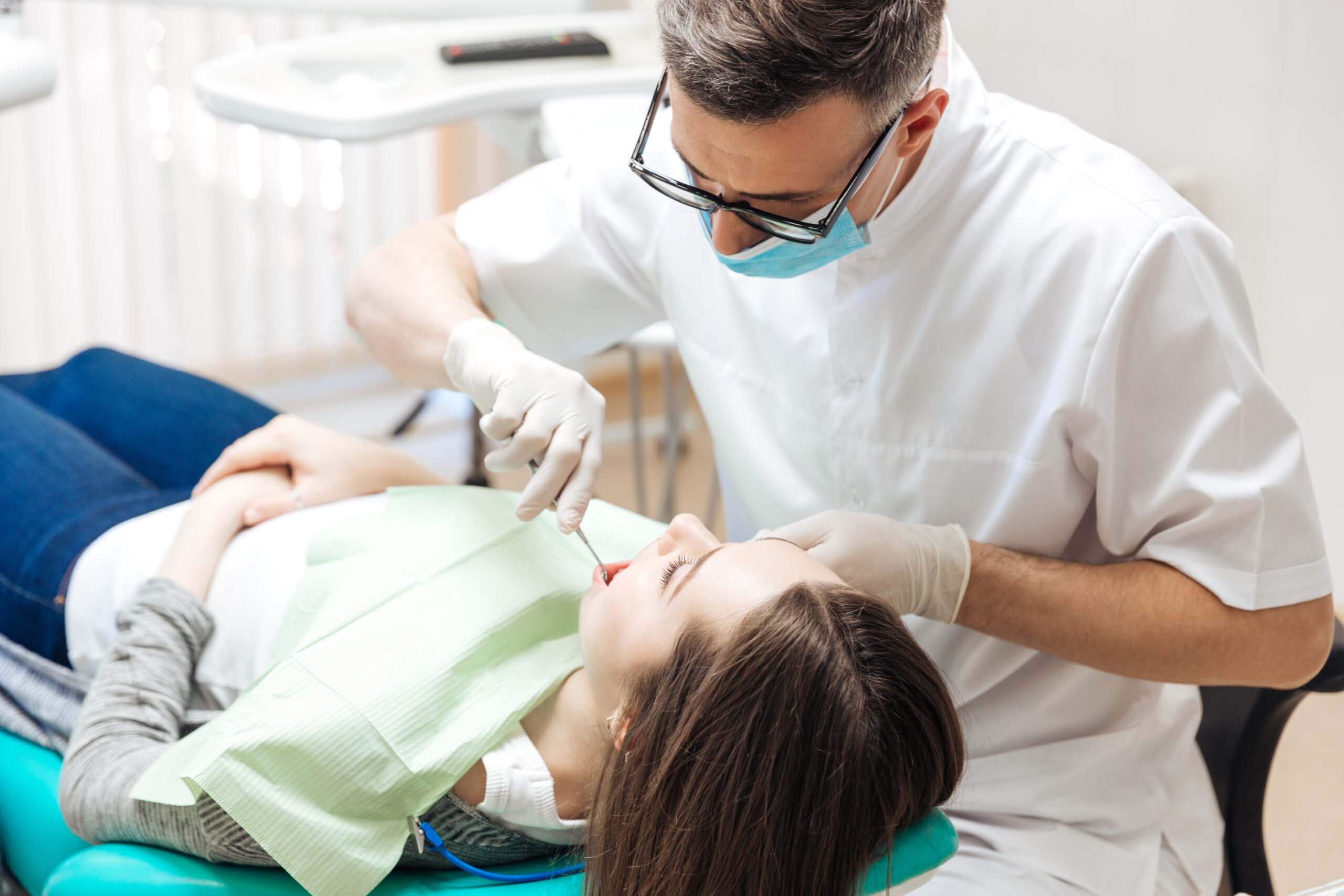
Potential Allergic Reactions
Some human beings may experience allergies to the chemical compounds utilized in dental adhesives. If this happens, it’s important to searching for medical interest straight away.
Temporary Discomfort or Sensitivity
After a crown is placed, you may revel in brief discomfort or sensitivity as your enamel adjusts to the new structure.
How to Remove Glue for Crowns on Teeth
Step-by way of-Step Guide for Safe Removal
If you need to dispose of a dental crown for any purpose, it’s best to go to your dentist. They will use special tools to safely remove the crown without unfavorable the teeth underneath it.
Tools and Techniques for Removal
Dentists generally use dental gadgets, which includes pliers or a dental drill, to carefully dispose of crowns. It’s crucial to keep away from the use of pressure, as this could harm the enamel.
People Also Ask
What is the first-class glue for crowns on enamel?
The high-quality glue relies upon at the type of crown and the scenario. Resin-based glues are best for everlasting crowns, whilst transient adhesives are great for brief-time period use.
How lengthy does glue for crowns on enamel last?
Permanent adhesives can close for many years, generally between five-15 years, relying at the crown’s fabric and the care it receives.
Can I use ordinary glue for dental crowns?
No. Regular glue is not designed for use in the mouth and might reason damage to each the crown and the underlying teeth. Always use specialized dental adhesives.
Are there any options to attach for crowns on teeth?
Alternative methods encompass dental cement or resin, however glue remains the maximum normally used method for attaching crowns.
What are the signs that a crown needs re-gluing?
Signs encompass pain, sensitivity, or if the crown will become loose. If the crown falls off, it’s important to visit your dentist right now.
Is it safe to apply glue for crowns at home?
It’s normally not advocated to use or put off dental glue at domestic, as flawed software can lead to headaches. Always seek advice from a dentist for these techniques.
Choosing the Right Glue for Crowns on Teeth
Factors to Consider When Choosing Dental Crown Adhesive
When choosing the proper glue, factors which include the cloth of the crown, the place of the enamel, and the affected person’s dental fitness should all be taken into consideration. Consulting with your dentist is the satisfactory manner to ensure the correct adhesive is selected.
Consulting a Dentist for Professional Advice
A dentist can manual you at the first-rate adhesive for your dental needs. Whether you want a transient or everlasting solution, expert recommendation ensures the handiest and long-lasting consequences.
Conclusion
Glue for crowns on tooth performs a crucial function in the fulfillment and toughness of dental crowns. By know-how the one of kind varieties of adhesives, their application procedures, and the blessings and risks involved, you may make informed choices approximately your dental care. Always consult a dentist for professional recommendation and alertness to make certain that your crown remains in location, providing you with a sturdy, healthful smile for years to come.

